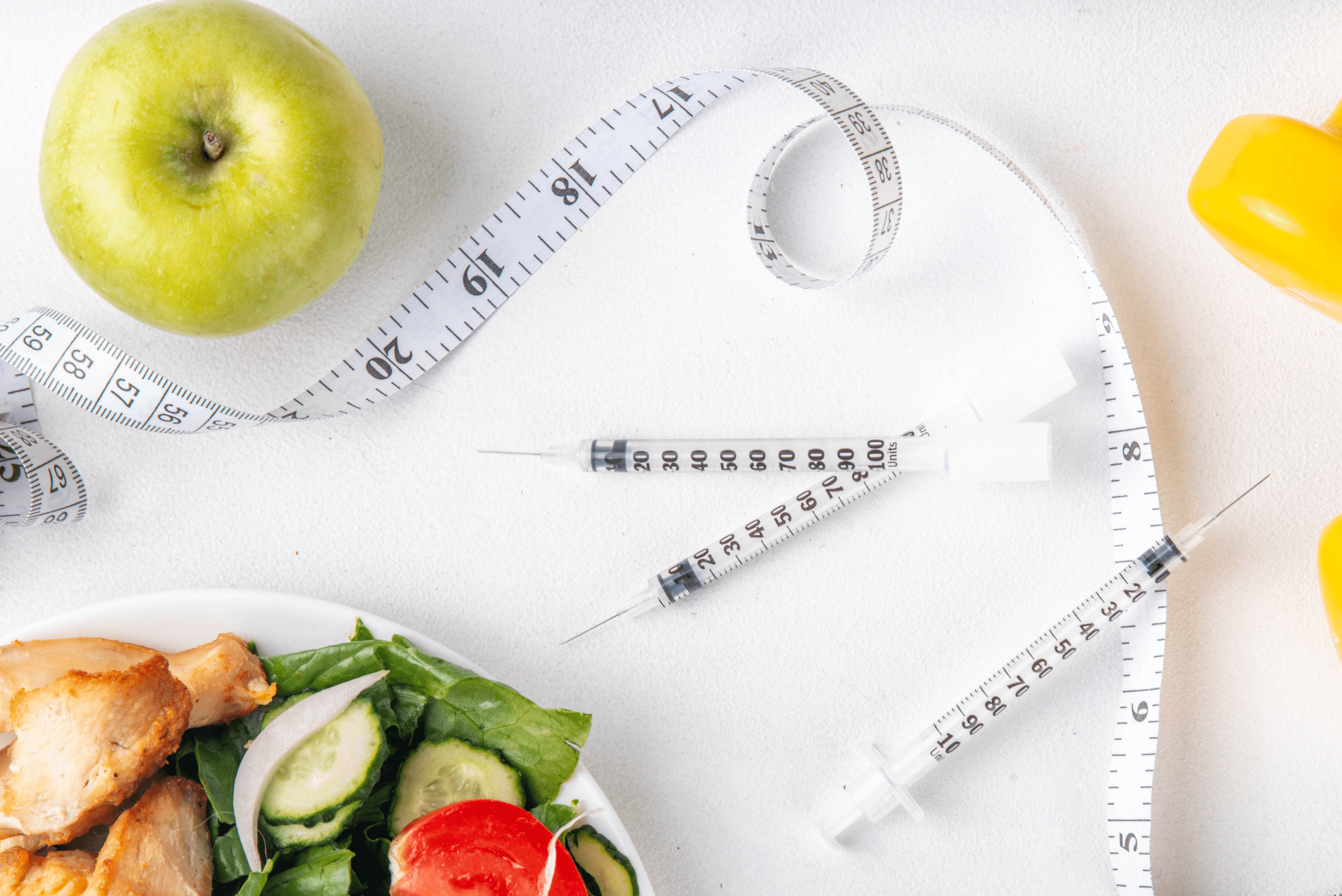Breast Cancer Is Striking Younger Women: A Wake-Up Call
In 2022, about 2.3 million women were diagnosed with breast cancer worldwide, and 670,000 died. Earlier, cases of breast cancer were usually reported in women above 50. However, there is now a rise in breast cancer among women in their 20s and 30s.
General recommendations for when women should start breast cancer screening:
- Ages 40-44: Screening with mammograms is optional. Women can choose to start screening if they wish, after discussing the risks and benefits with their healthcare provider.
- Ages 45-54: It is recommended to start annual mammograms.
- Ages 55 and older: Mammograms can be done every two years, though women may choose to continue annual screening.
The reason why more women younger than 50 are getting breast cancer is not clear, but according to Dr. Sonya Reid, a breast medical oncologist at Vanderbilt University Medical Center it’s likely due to modifiable risk factors such as environmental exposures in food, air or water, rising rates of obesity and sedentary lifestyle.

Possible Reasons for Rise of Breast Cancer in Younger Women:
- Genetic predisposition: Family history and inherited mutations, especially in the BRCA1 and BRCA2 genes, significantly increase the risk of breast cancer in younger women.
- Hormonal factors: Early menstruation (before age 12), late menopause, or the use of hormonal contraceptives for extended periods may increase the risk due to longer exposure to estrogen.
- Diet and Obesity: Higher rates of obesity and consumption of high-fat diets have been linked to increased breast cancer risk. Excess body fat can lead to higher estrogen levels, which in turn increases the risk of hormone-receptor-positive breast cancer.
- Alcohol consumption: Excessive alcohol intake can raise estrogen levels and contribute to breast cancer risk. Alcohol can raise estrogen and other hormone levels in the body, which can stimulate the growth of hormone-receptor-positive breast cancer cells. The more alcohol a woman consumes, the higher her risk of developing breast cancer, with even moderate drinking (one drink per day) slightly increasing the risk.
- Sedentary lifestyle: Lack of physical activity is associated with a higher risk of developing breast cancer.
- Environmental exposures: Younger generations may be exposed to more environmental toxins and endocrine-disrupting chemicals (EDCs) found in plastics, personal care products, and pesticides, which could contribute to an elevated risk.
- Delayed childbirth: Women today often delay childbirth, and having a first child after age 30 or not having children at all may increase the risk, as earlier pregnancies and breastfeeding have protective effects.
- Increased awareness and screening: Improved awareness and access to better diagnostic technologies, such as mammography and genetic testing, may lead to earlier detection of breast cancer cases in younger women.
- Stress and mental health: Some studies suggest that chronic stress and poor mental health might contribute to the development of breast cancer. Chronic stress can lead to elevated levels of cortisol, a stress hormone, which may interfere with immune function and affect the body’s ability to regulate cell growth and repair. Prolonged stress may also influence other hormones like estrogen, which is linked to hormone-receptor-positive breast cancer.
With researches still going on to fully understand why breast cancer rates are rising in younger women, these factors offer a potential explanation.
Disclaimer
The Content is not intended to be a substitute for professional medical advice, diagnosis, or treatment. Always seek the advice of your physician or other qualified health provider with any questions you may have regarding a medical condition.
Source link
Share this article:











